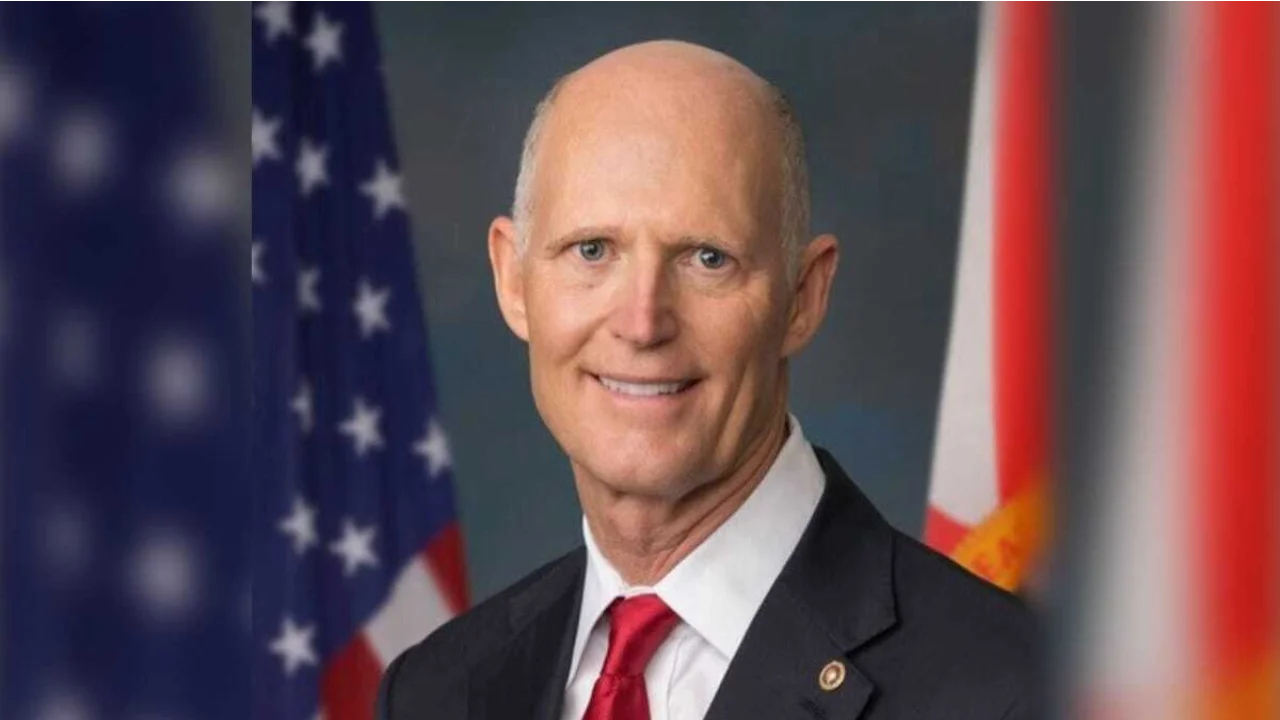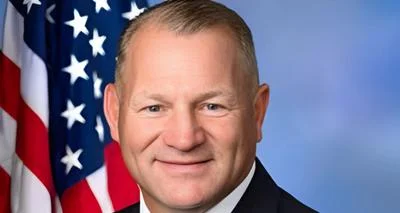Senator Rick Scott, chairman of the U.S. Senate Special Committee on Aging, led a hearing focused on closing legal loopholes related to the safety of generic drugs and improving the pharmaceutical supply chain in the United States. The hearing, titled “Bad Medicine: Closing Legal Loopholes That Kill American Patients,” is part of ongoing efforts by the committee to address concerns about the country’s reliance on foreign-manufactured generic medications.
During the session, Scott addressed systemic vulnerabilities in the pharmaceutical supply chain and discussed ways lawmakers could strengthen oversight and safety measures. He also sent a letter to FDA Commissioner Martin Makary, expressing concern about the agency’s supervision of imported generic drugs and their safety standards. In addition, Scott urged Secretary of Commerce Lutnick and Trade Representative Ambassador Greer to consider actions under Section 232 regarding foreign-made generic medicines.
The hearing aimed to advance the committee’s initiative to protect vulnerable American patients by encouraging domestic pharmaceutical manufacturing and addressing weaknesses in the current drug supply system. These issues are particularly relevant for older Americans, who are often most affected by medication safety and accessibility challenges.
Expert witnesses at the hearing included Tony Sardella, founder and chairman of the Center for Innovation in API and distinguished fellow in Health Innovation at Washington University in St. Louis Olin Business School; Tony Paquin, president and CEO of iRemedy Healthcare, Inc.; and Andrew Rechenberg, economist at the Coalition for a Prosperous America. The panel discussed strategies for strengthening domestic production of generic drugs, increasing transparency across the supply chain, requiring clear labeling of country of origin, and closing harmful legal loopholes that allow unsafe or substandard medicines from foreign manufacturers into the U.S. market.
“The hearing marks another step in our committee’s push to protect vulnerable American patients by relocating pharmaceutical manufacturing and eliminating weaknesses in our current drug supply system along with dangerous legal loopholes that compromise the safety and accessibility of medicines, particularly among our nation’s older population,” said Chairman Scott.
The full remarks from Chairman Scott are available for viewing online.








